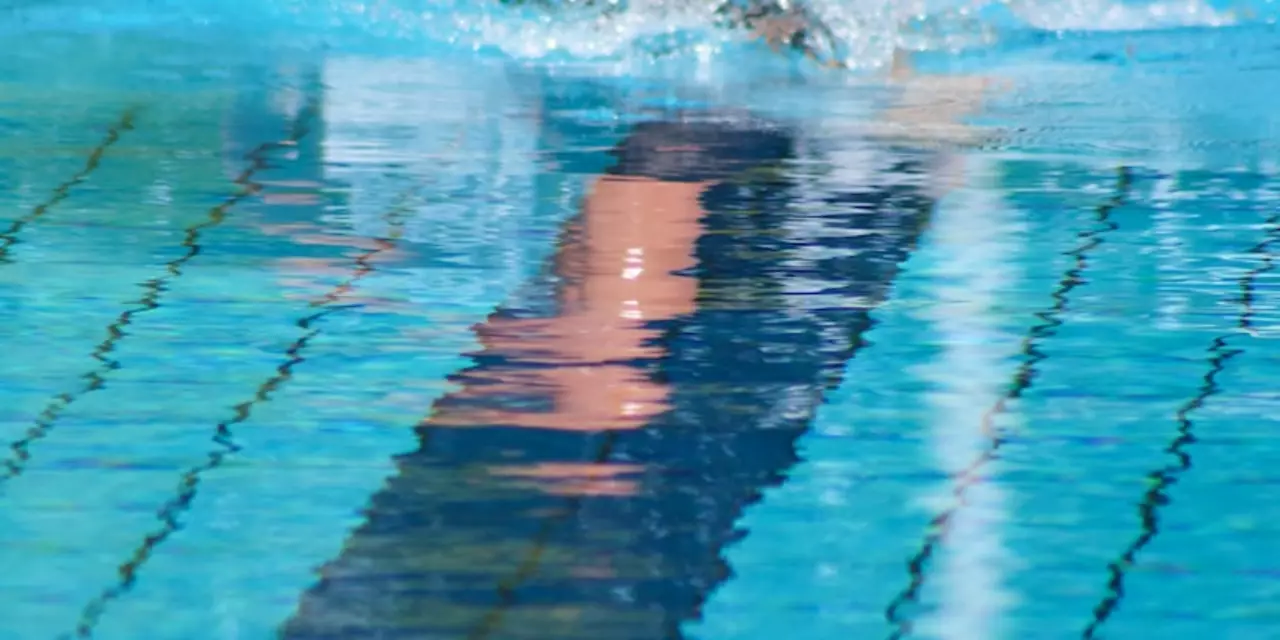Late Swimming Tips, Safety, and Stories
Ever wondered why some swimmers love the water after the sun goes down? Night swims feel quieter, cooler, and give you more room in crowded pools. But the darkness also brings extra risks, so you need a solid plan.
Safety First When Swimming Late
First thing: make yourself visible. A bright swim cap, reflective wrist bands, or a waterproof LED light on your goggles can mean the difference between being seen or missed. If you’re in a pool, ask the staff to keep the lights on a little longer; most venues are happy to accommodate night swimmers.
Never swim alone. Bring a friend, a coach, or at least let someone know when you’ll be in the water and when you expect to finish. If you’re training in open water, a buoy or a small inflatable marker attached to your waist helps rescuers spot you fast.
Check the water temperature before you jump in. Late‑hour swims can feel colder because the sun isn’t warming the surface. A quick dip with a wetsuit or a thermal cap can prevent the chill that slows your muscles and increases injury risk.
Know the area’s rules. Some pools close their lanes for cleaning after a certain hour, and many lakes have night‑time restrictions. Skipping a quick glance at the schedule saves you an awkward scramble later.
Maximize Performance in Evening Sessions
Late workouts can actually boost your speed. The body’s core temperature stays higher after a day’s activity, so you may find you’re more flexible and less stiff. Use that advantage by adding a short sprint set at the start of your session.
Fuel right before you swim. A light snack with carbs and a bit of protein—think a banana with a spoonful of peanut butter—gives you steady energy without feeling heavy. Hydration matters too; a glass of water or an electrolyte drink prevents cramps when you’re sweating under the lights.
Adjust your breathing pattern. Darkness can feel disorienting, so focus on a steady inhale‑exhale rhythm. Counting strokes between breaths helps you stay calm and keeps your stroke efficient.
Take advantage of the quiet. Without the usual chatter in a bustling pool, you can hear your own breathing and stroke feel more clearly. Use that feedback to fine‑tune your technique, whether you’re working on a smoother freestyle or a tighter turn.
Finally, be inspired by real‑life late‑hour feats. Long‑distance swimmer David Meca completed a 90 km crossing from Spain to Ibiza, battling cold water and currents in the early morning darkness. His story shows that with the right prep, night or early‑morning swims can be legendary.
So next time you feel the urge to hit the water after dark, remember these tips. Stay visible, never go solo, keep warm, and use the calm to sharpen your technique. Night swimming can be safe, refreshing, and surprisingly effective—just treat it like any other training session, with a little extra caution.
